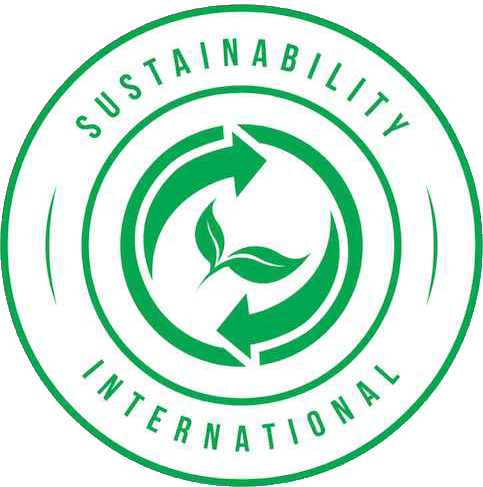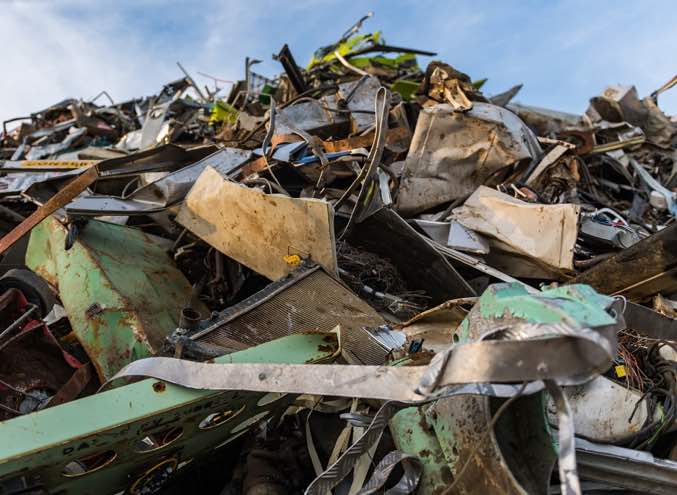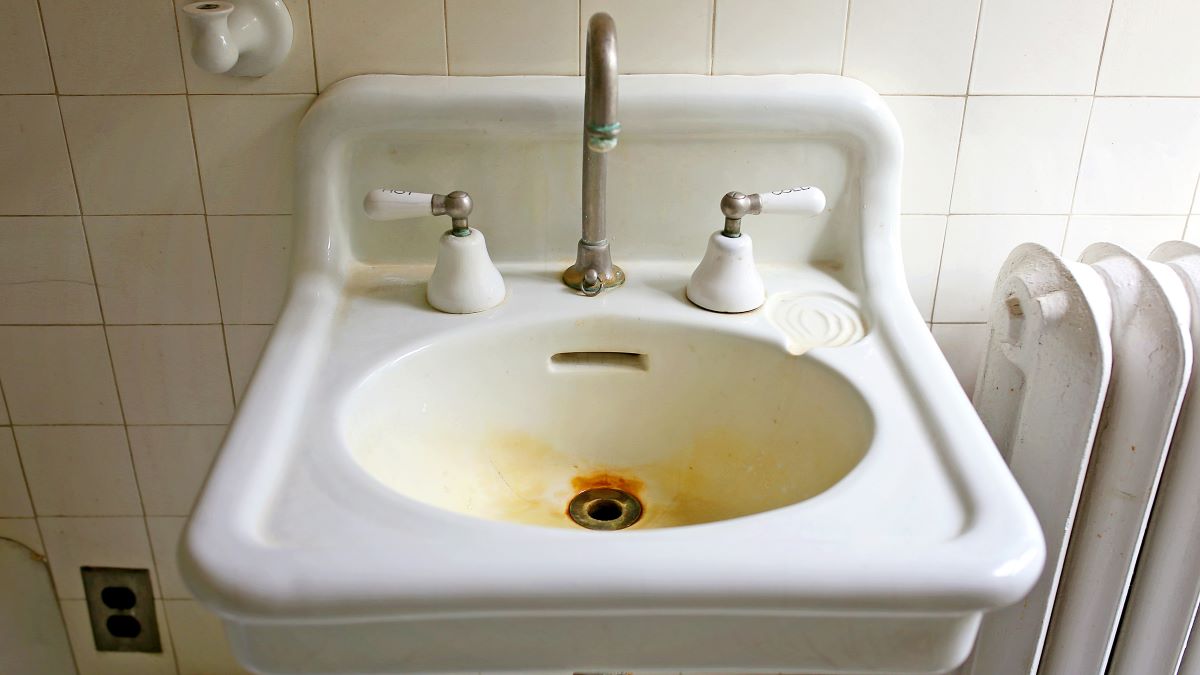Metal is the fifth most common material in household garbage, after paper, food, plastic, and yard waste. Unlike the other top items, metal is inert in a landfill and cannot be burned.
Mining metal is among the world’s most environmentally damaging industries. Fortunately, once mined, most metal is infinitely recyclable (meaning that the material does not degrade after repeated recycling). Because of this, people who are committed to minimizing waste may find themselves using more metal as they strive to eliminate plastic waste.
Sustainability is a journey, not a single choice. Wherever you are in your journey, here are the next steps to help you keep metal out of the garbage.

Metal Waste
Metals are consistently among the most valuable recyclable commodities. In fact, you might be able to make money recycling your scrap metal.
Classified as either ferrous or nonferrous, all metals are technically recyclable (although many products that contain metal are not). Ferrous metals, such as steel, contain iron and can be identified with a magnet, and is one of the most frequently recycled materials in the world. Nonferrous metals include aluminum — the aluminum can is the most recycled consumer product in the U.S. — as well as copper, lead, zinc, and tin.
Precious metals like gold and silver, as well as the rare earth elements crucial to technological devices, are also nonferrous.
Good
It’s good to start with the simplest step: Participate in your curbside recycling program.
Nearly every curbside program will accept aluminum and steel cans, and many will also accept larger pieces of scrap metal. Even if your community does not have curbside service, you can download the iRecycle app or search the Earth911 recycling databaseon your computer to find a metal recycler near you.
Better
If you’re already recycling your cans, start working on some of the trickier metals.
- Metal lids from steel cans and glass jars, and steel or aluminum bottle caps require special handling to be safely recycled.
- Reuse aluminum foil for as long as it’s functional. When you can’t reuse it anymore, clean off any food particles and ball it up for recycling.
- The chemical coating on nonstick cookware makes the metal nonrecyclable. As your nonstick pans wear out, replace them with cast iron. Your cast iron cookware will outlive you.
- Metal paint cans, oil cans, and propane tanks are all considered hazardous waste in most communities. However, there are limited recycling opportunities for propane canisters and the unused paint left in cans. Use your iRecycle app to find out if such programs exist near you.
- Learn how to care for ferrous metals to minimize rust. This will extend the objects’ useful life and facilitate recycling at the end of it.
- Reuse is just as important as recycling. Whenever possible, buy second-hand. Unlike other materials, metal is durable enough to survive several generations of use before recycling.
Best
When you’re trying to achieve zero waste, simply avoiding metal is not an option. Metal is often the durable, recyclable alternative for other materials. But if you are willing to make the effort, you can do better than “better” about reducing metal waste.
- Closing the loop by buying products made with recycled metal is a little different from other products. You won’t find “made from recycled materials” or “recycled content” labels on metals. The typical recycled content of steel is 25-35%. The recycled content of aluminum varies by manufacturer and product, but aluminum cansaverage 73%. For some metal products, like jewelry, there are suppliers working specifically with recycled metals. Seek them out.
- Few products are made out of a single material. Learn to disassemble products at the end of their life so that you can separate the recyclable metal parts from other parts that must be thrown away.
- The rare earth elements in electronics make up a very small volume of metal waste but have an outsized environmental impact. Unfortunately, only around 1% of rare earth elements are recycled from consumer products. Take the time to learn about electronics recycling, and learn to fix broken gadgets instead of replacing them. Before purchasing new items, consider whether you truly need smart appliances and other stealth electronics, or whether a more easily recyclable low-tech option will do.
- Tossing things in the trash is easy, and responsibly disposing of old items can be hard. After disassembling a gas grill and other items for their recyclable parts, a new easy option may begin to look more appealing: Use less, period. Understanding the full life cycle of a product often makes buying a new one less appealing.
The post Good, Better, Best — Reducing Metal Waste appeared first on Earth911.








